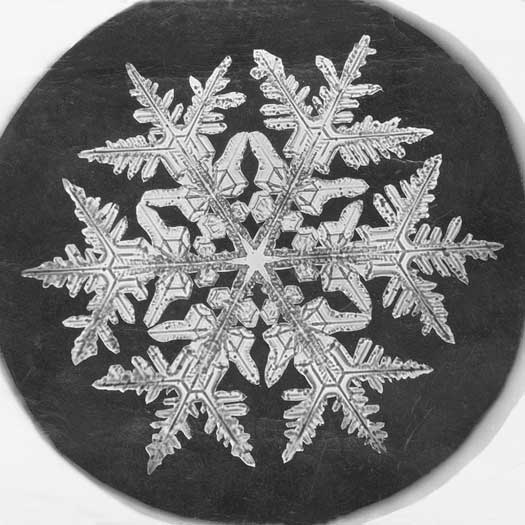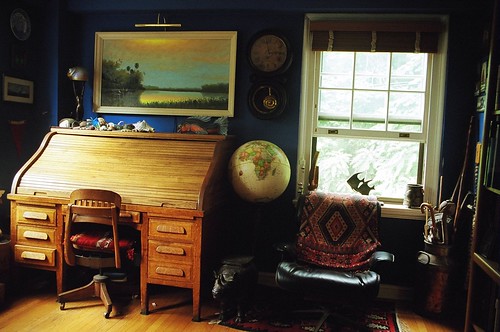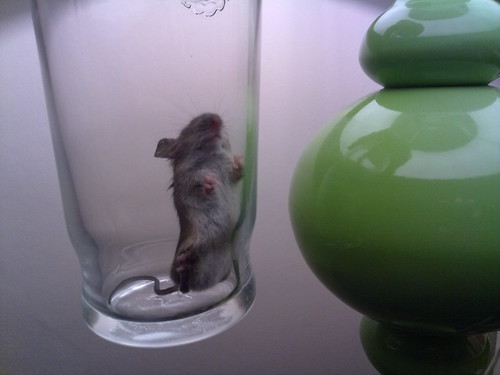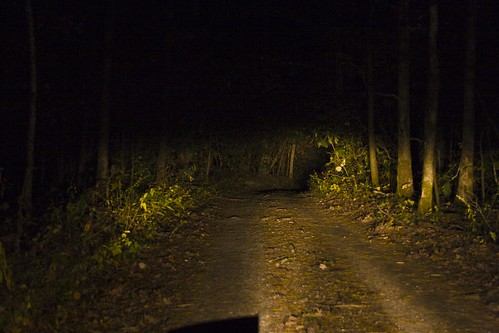Covering July: a Sense of Connection, August: a Sense of Strength, and September: a Sense of Compassion.
Lightly covering – a crisp linen sheet, say, rather than a fat and puffy quilt.
July revealed such gems as “I believe I am getting better at socks” (knitting them, not the Pratchett kind) and “I feel more possible” (although the Caped Gooseberry assures me I am not only possible, but actual – I think my meaning may have escaped him).
Also “As a kid, we never had enough: books” (whether you can have enough books is debatable; our perceived lack drove me to read encyclopaedias and Agatha Christie at the age of six, so it’s not all bad).
August asked me to complete this sentence: In a perfect world I would secretly love to be a…
All right, there’s not much secret about it, but I want to be a full-time writer.
In five years’ time, I’d like to be writing full time with one novel published and two plays produced.
What can I do now to help make that happen?
Write hard on Mondays. Make the most of morning spaces. Get to bed on time.
I was also invited to select a role model. The three women who sprang to mind are not only among my favourite writers (international women of mystery) but are also all three writers who balanced novels and the theatre in some way or another: Agatha Christie, Ngaio Marsh and Dorothy Sayers.
The one woman who sprang to mind whom I most certainly do not wish to take for my pattern is P.D. James – at least having a DDJ until reaching retirement age. In the areas of literary achievement, faith and perseverance (not to mention the life peerage) I’d be most happy to follow her example.
Also, if I was a colour, I’d be russet: colour of earth and blood, rich cloth and poor, and the bindings of old books. The colour of autumn leaves, the colour of rust.
September brought an insight – I should stop calling myself lazy. I wrote “you may be scared, self-doubting and self-flagellating, feeling tired, heartsick and guilty – but you are not lazy.”
Procrastination isn’t the result of laziness, Cameron says. It’s the result of fear. “Fear is what blocks an artist. The fear of not being good enough. The fear of not finishing. The fear of failure and of success. The fear of beginning at all.” (p.152)
Another insight: “Over any extended period of time, being an artist requires enthusiasm more than discipline. Enthusiasm is not an emotional state. It is a spiritual commitment…” (p.153).
Much like marriage: you can’t stay in the same emotional state for 50 years, you need commitment. But commitment shouldn’t be replaced by discipline (hug two three! kiss two three!) because discipline isn’t rooted in love – except perhaps in love with how wonderfully disciplined we are!
The trick is to find our enthusiasm for the task at hand – and how to find it quickly in the pre-dawn dark when getting out of the nice warm bed seems like a particularly sadistic rebirthing technique.
As always, your wisdom welcomed! Or witty folly (better a witty fool than a foolish wit) – we’re not fussy here!














